In the past, I have often blamed President Muhammadu Buhari’s speechwriters and handlers for not looking closely at some of his speeches and comments before they get to the public because these sometimes create unnecessary tension or exacerbate it and in many cases make him appear petty and unstatesmanlike, even when he possibly means well. But his national speech delivered on the morning of Monday, August 21, 2017, is such a short speech that I cannot lay the blame of its poor content and delivery on anyone else, but the President. It is a speech that truly captures his mentality and idea of the nation and the opposition and what we are getting from it isn’t encouraging.
This very speech could have been delivered better without changing the purport or purpose. All he wanted to say or what he should have said is basically this: Nigerians are one and every Nigerian has the right to live and pursue his or her legitimate business anywhere in Nigeria without let or hindrance. While we welcome responsible and peaceful agitations, we will not hesitate to deal with criminal elements and violent forces of disunity who use and want to use the cover of legitimate agitations to foment trouble. Our government will continue to work to serve all Nigerians as we are recommitted to pursuing programmes that will improve the standard of living of Nigerians and raise our nation’s standing in the international community.
Such a speech would have been received better. But what we have here is more or less a threatening speech that refuses to acknowledge the legitimate concerns of citizens. It’s even contradictory in parts. For instance, while the President is affirming that “the beauty and attraction of a federation is that it allows different groups to air their grievances and work out a model of coexistence”, in the same breath he is claiming our unity is not negotiable and threatening people who are disagreeing with his view, people who are using the social media and other media to discuss, negotiate and work out this mode of co-existence he speaks of. Or does he expect that for the “groups to air their grievances and workout a mode of coexistence” they will have to do so all believing in the non-negotiability of the very thing or condition they are negotiating from their different perspectives? Does he expect people with different interests to believe in the non-negotiability of the very thing they are negotiating about? Also, if the President believes what we are faced with our “petty differences”, which, if true, we should be able to eschew in our collective interest, why talk of red lines and threaten citizens with the security forces for exercising their right to free speech? Why declare people who “question our collective existence as a nation” as taking “a step too far”? Nigeria is not North Korea. There is nothing in our Constitution and in international law that declares any geographical or political space unquestionable by Nigerians. Questioning our collective existence as a nation is a form of legitimate protest, how the rest of the nation and the state responds to that is part of the dynamic of nation-building.
The idea that the social media is the breeding ground of dissent and ideas that challenge our national unity or collective existence is false. Is this a pretext to crackdown on free speech in the social media? If it is, it must be strongly resisted by right-thinking citizens and the international community. The social media is just a forum for sharing ideas, not a breeding ground for anything. In fact, engagements by Nigerians on social media have done more to unite Nigerians through the sharing of ideas (even when people disagree) than anything the government has done by way of policy. Anyone can see that the separatists are not winning the debate on social media against those of us who believe in national unity, but their right to express their differences with us must be protected. This is because this right that we all share is a fundamental one guaranteed by section 39 of the Constitution of the Federal Republic of Nigeria, which is our grundnorm. It is also guaranteed by international laws to which Nigeria is a signatory.
Section 39(1) of the Constitution states clearly: “Every person shall be entitled to freedom of expression, including the freedom to hold opinions and to receive and impart ideas and information without interference”. Article 19 of the Universal Declaration of Human Rights declares: “Every person has the right to freedom of opinion and expression; this right includes freedom to hold opinions without interference and to seek, receive and impart information and ideas through any media and regardless of frontier”. So, no matter our individual opinions, no matter how much we disagree with anyone, our right to freely express ourselves and to agree or disagree on social media or elsewhere is fully guaranteed by law. No one can take that right away.
It’s therefore obvious that this type of statement by the President is intimidation. I mean, who drew the national red lines against free speech and the right to self-determination, both of which are equally guaranteed by national and international law? What is the crime in questioning our “collective existence as a nation” if we or some of us believe those in charge of the state are not making all of us or some of us feel a part of the nation with their conduct and policies? How can people you hunt down in the streets of their hometowns or elsewhere for staging peaceful protests feel they are part of a nation that kills them for fun? President Muhammadu Buhari told the world that he is a convert to democracy, but his words here indicate that he has no patience or respect for free speech and other democratic conducts.
Chief Emeka Ojukwu of 2003 did not speak for Nigerians of 2017 and quite possibly did not speak for Ndigbo of 2017 either. Whatever the President discussed with Ojukwu in 2003 and whatever agreement they reached is not binding on anybody, but themselves as former colleagues and opposing combatants in the Nigerian Civil War. Of course, it was great that they found a common ground as citizens of Nigeria through a private discussion, but that is an opportunity the President is now denying other Nigerians in the public space. If he can sit with Ojukwu who opposed one Nigeria to freely discuss Nigeria and reach an agreement, why does he think Nigerians in the social media and/or anywhere else cannot also freely discuss Nigeria and reach an agreement too? If nobody forced either him or Ojukwu to express whatever view they held about Nigeria at the time, why is he bent on forcing Nigerians to express a particular view about Nigeria now?
If the President had been following events at home while he was away as he said, he would have noted that the biggest national clamour today, even from amongst some of his own people up North, is on the need for restructuring. For instance, two of his biggest supporters and friends in Alhaji Atiku Abubakar and General Ibrahim Babangida, two people who like him believe in the unity of Nigeria as one, have openly come out to support national restructuring. Thus, those calling for restructuring are not attacking the unity of Nigeria, but rather are seeking a more perfect union based on justice, equity and effective and efficient administration reaching to the grassroots in order to deliver the dividends of democracy better. Those doing so are not “irresponsible elements” and are not looking to “start trouble”. Nobody wants another civil war despite the silly noises by Nnamdi Kanu. Also, quite apart from those of us clamouring for restructuring, the majority of those clamouring for Biafra have a right to their view as well. They do not need permission from anyone to exercise their right to self-determination. They are actually being confronted on the ground by their own people and other Nigerians who believe being together is better, no matter our present challenges. As I have shown earlier, threatening them is against our national laws and is against international law as well. Of course, anyone soliciting for arms or threatening or inflicting violence on others in the name of fighting a political cause should face the wrath of the law, but we must be able to differentiate between people agitating legitimately and rightfully, whether we agree with them or not, and others fomenting trouble.
The President’s advisers need to let him know that we do not need a national consensus to keep Nigerian unity. Nigerian unity should not be forced, it should be practiced out of genuine belief in the nation and its prospects by those of us called Nigerians. That is how you nurture and encourage true patriotism. If a group of Nigerians decides they want to go their own way, they do not need all Nigerians to agree with them, no matter how small the group is. What the rest of Nigeria can do through the national and state governments and through individual private and public interventions is convince them through words and actions that being part of Nigeria is in their best interest. The only people who can democratically determine if the separatists can stay or go are the people within the geographical area that the separatists are demanding to go and they can only do so through a properly organised and internationally supervised referendum. You don’t need threats or any action from the security forces to address whatever grievances they have, except to maintain law and order while such legitimate agitations are going on. The state cannot also be using the excuse of maintaining law and order to be killing off Nigerians legitimately agitating over any issue, including those openly exercising their right to self-determination. Again, the Constitution under section 40 guarantees their right to freely assemble and associate with each other and other persons for the protection of their interests. That section states clearly: “Every person shall be entitled to assemble freely and associate with other persons, and in particular he may form or belong to any political party, trade union or any other association for the protection of his interests.” IPOB is a legitimate association fighting for the interest of its members. They must be allowed to freely assemble and pursue their cause, as far as they do so without violence or intimidation of other Ndigbo and citizens of Nigeria and foreigners legitimately in Nigeria.
The President rightly said every Nigerian has the right to live and pursue his business anywhere in Nigeria without let or hindrance, but that also must include the separatists agitating peacefully, irrespective of Nnamdi Kanu presently being engaged in provocative actions against Nigeria. I was very vocal in my demand that he should be released unconditionally earlier when he was held, but Nigeria is not a zoo as he claims. Nigeria is a country where law and order must reign, so if the state and the security forces find any of his actions presently troubling, they need to specifically address Nnamdi Kanu and not the generality of law-abiding Ndigbo who are agitating lawfully for Biafra. Those Igbo persons and their supporters have the right to live and pursue their business anywhere in Nigeria without let or hindrance, including exercising their right to free speech and freedom of assembly anywhere in Nigeria. The security forces must not be set against them; rather, it is the duty of the state to protect them. I am not saying the state has to agree to the secession of Biafra (because even if that has to happen, there are legitimate official processes and many legal hurdles to cross-nationally and internationally), what I’m saying is that rather than threaten them, the state must protect their rights to free speech and pursuit of self-determination, irrespective of whether or not they are ultimately successful in their demand.
It is not a legal or natural fact that the National Assembly and the National Council of State are the only legitimate and appropriate bodies for national discourse, as the President stated. Indeed, there is nothing in the Constitution of the Federal Republic of Nigeria that says the National Assembly and the National Council of State are the only legitimate and appropriate bodies for national discourse. Rather, as I have shown earlier, the Constitution grants citizens the fundamental rights to freedom of speech and freedom of assembly and Article 19 of the Universal Declaration of Human Rights supports their right to freely express themselves as well through any media and across any frontier. What all that means is that national discourse can happen anywhere two or three citizens are gathered. While it is possibly the wish of the President that national discourse should happen only at the National Assembly and at National Council of State forums, it is not the law that it should be so.
Therefore, the President must be advised to stop repeating the tired line that national unity is not negotiable. Nigerians did not sit down one day to agree on the Nigeria we have today, except in the sense of what was agreed by our founding fathers at the 1953/1954 Constitutional Conferences in London and Lagos which declared Nigeria a federation through the 1954 Lyttleton Constitution. Today, that Nigeria and that agreement stand destroyed from the moment the military stepped into politics in 1966 and through their subsequent impositions of unitary Constitutions on Nigeria and Nigerians each time we returned to civil rule. True, irrespective of everything, a lot of us are still totally committed to the unity of Nigeria, but we shouldn’t be pushing it down other people’s throats knowing that this so-called unity has not benefitted everybody, no matter in whatever area and from whatever aspect you choose to look at it. We cannot impose our view on others who disagree with us about Nigeria; we must win the debate on the ground and in the social media as we are doing already because of a lot of Nigerians, even very frustrated ones from all over the nation, still believe in the potential of Nigeria as one nation. But when the President makes this type of comment, he drags us back and makes our job of convincing others that Nigeria is better as one harder. Those close to him must tell him that he is making us lose grounds in the debate against the separatists and people generally not happy to be part of one nation.
In conclusion, it is my view that the President’s objective would have been achieved without necessarily making this speech a little on the hard side. Maybe he wants to show that the state would robustly take on criminal forces and forces of disorder, but he has in doing that conflated issues by mixing up people making legitimate agitations with criminals. I do not understand why he was singling out discussions on social media or especially focussing on the discussions there that do not support his view of the nation, except if he feels the greatest opposition to his government is coming from there. Maybe his advisers are telling him that Nigerians on the streets love him dearly and that only those on social media don’t. That is a false dichotomy. The Nigeria-related social media is an extension of the streets. The same ordinary Nigerians on the streets are the ones that use social media to express themselves. The President must be reminded that the social media won him the election that brought him to power. Activists on the social media were the ones who were in the forefront of opposition to the Goodluck Jonathan government; they were the ones who articulated the general angst against his government in a way that went viral enough to whip up popular sentiments against Jonathan’s reelection bid. So, if the President is thinking of cracking down on vocal Nigerians on the social media who do not share his view, he has to understand the implications because even his informed and patriotic supporters on social media will fight him for attacking free speech. He will increasingly alienate himself and his government and severely diminish their chances of a reelection in 2019. In my humble view, what he should be thinking of doing if he feels there is so much opposition coming from the social media is to empower the operators of his social media platforms with the relevant information to engage credibly with Nigerians. If Nigerians get the right information from the right sources about what government is doing in every area of our national life, the discussion will become more ideas-based and the threat of violence will drastically reduce as people will feel that even if the government disagrees with them, their views are being appropriately considered in the right quarters. That is what good governance is about. Force and threats will never be the solutions.
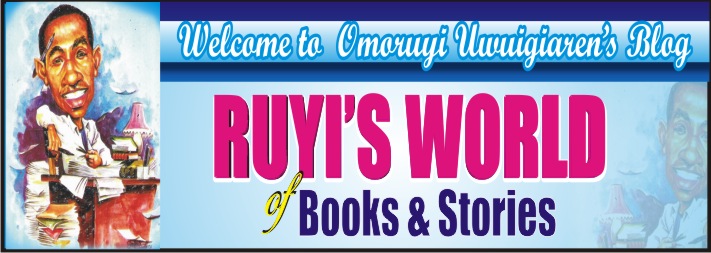



















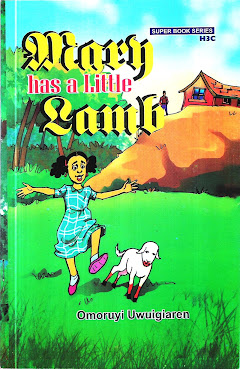
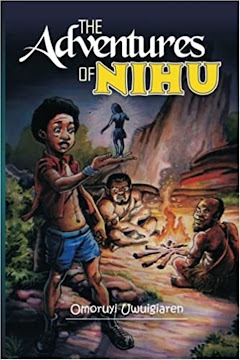


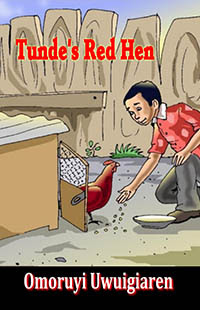
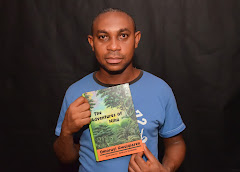
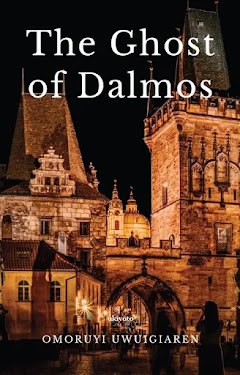

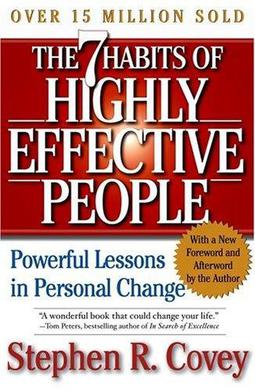

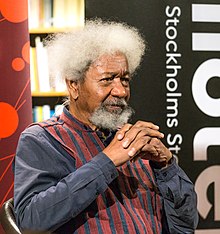
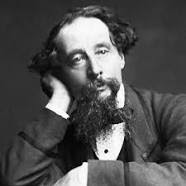
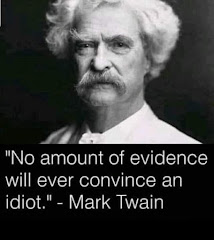






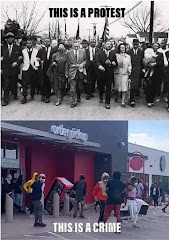








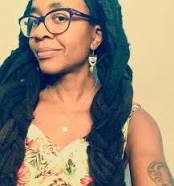










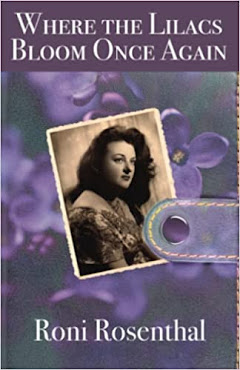
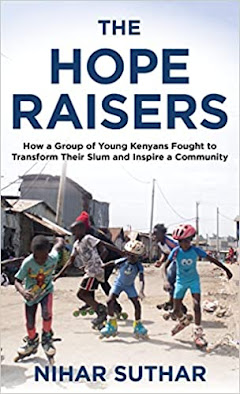


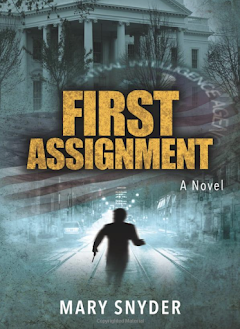

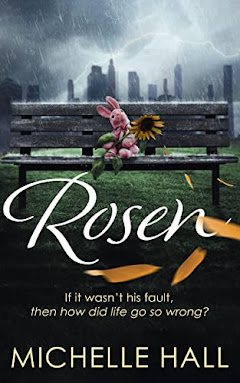
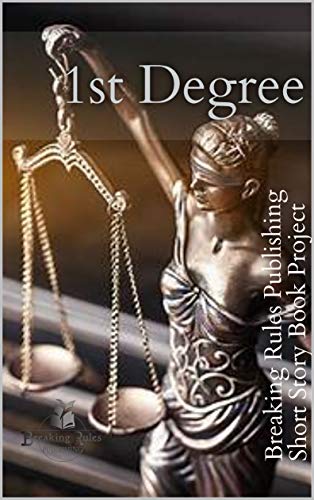





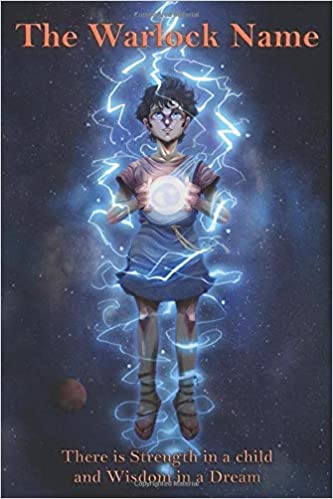

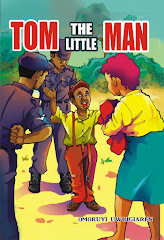
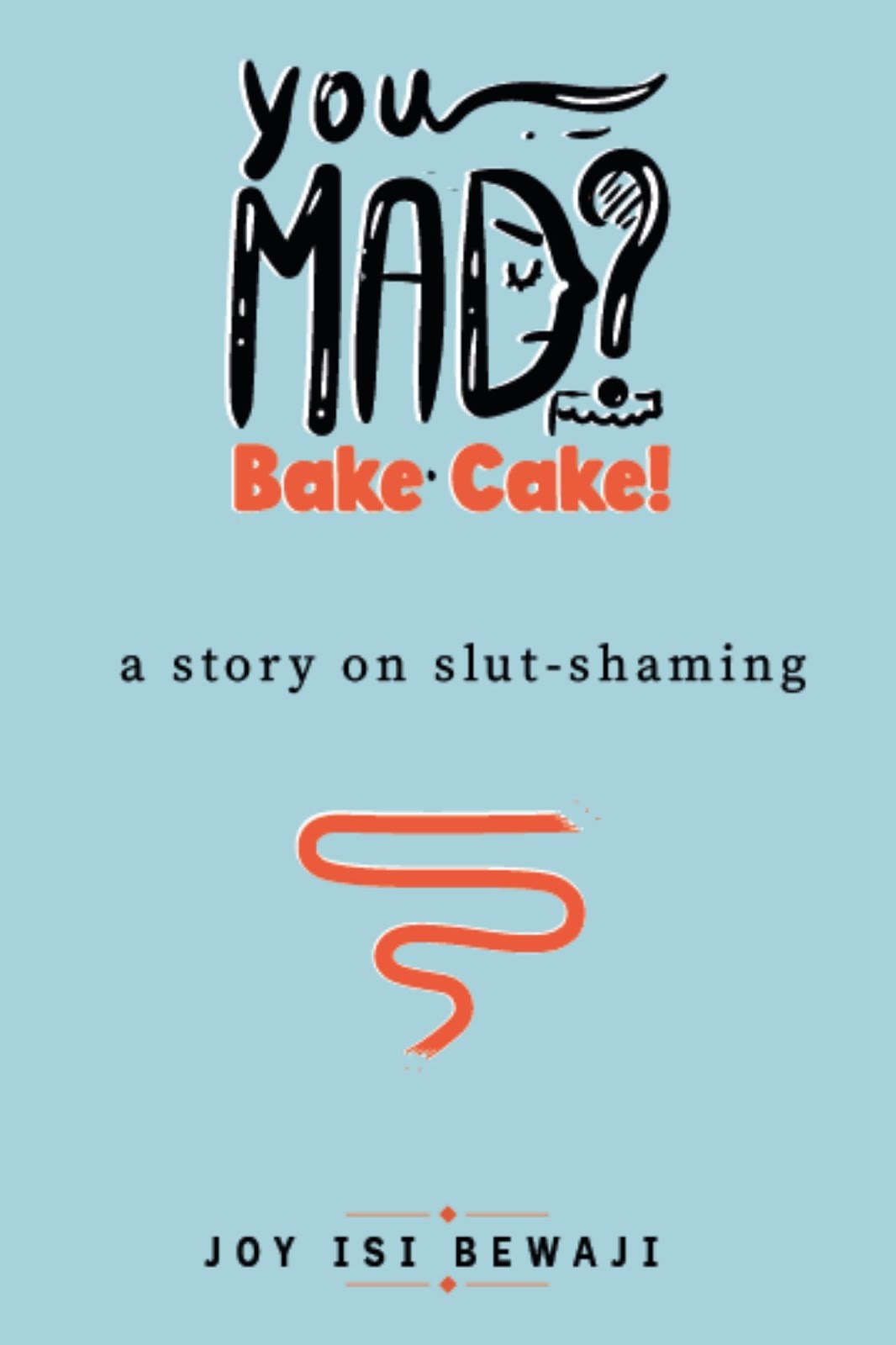
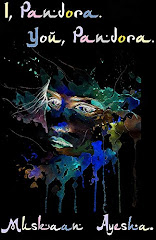
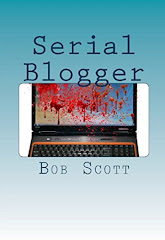




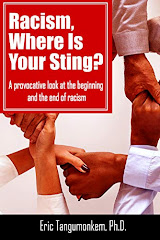








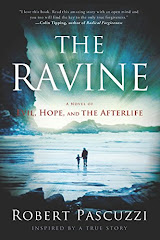

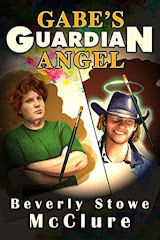



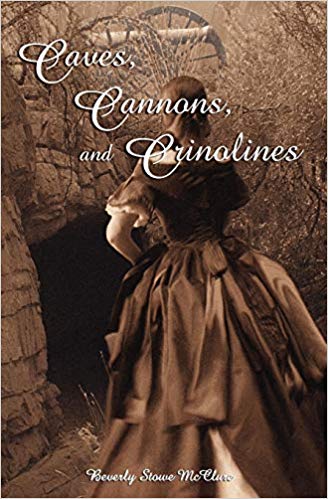


















No comments:
Post a Comment